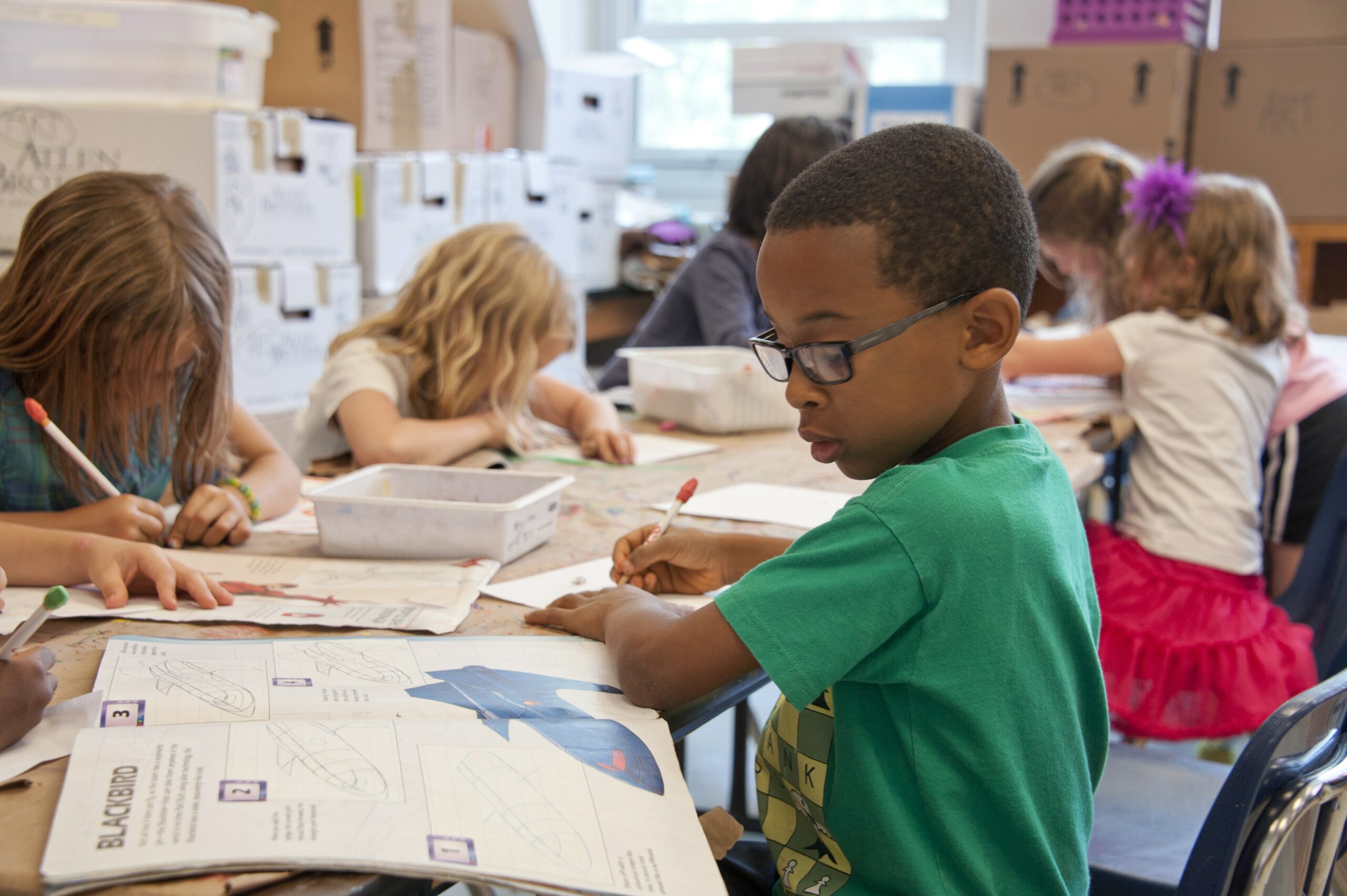
Blog
Supporting Stressed Kids in the Classroom
Going back to school can be fun, exciting—and stressful. Teachers have to deal with organizing lesson plans, getting to know new students and staff, budgeting

Going back to school can be fun, exciting—and stressful. Teachers have to deal with organizing lesson plans, getting to know new students and staff, budgeting

Tis that time of year again; teachers are trying not to think about going back to school—but, unfortunately, it’s creeping up on your horizon. There




Join our community to get the latest tips, exclusive offers, and updates straight to your inbox. Don’t miss out—subscribe now and be the first to know!